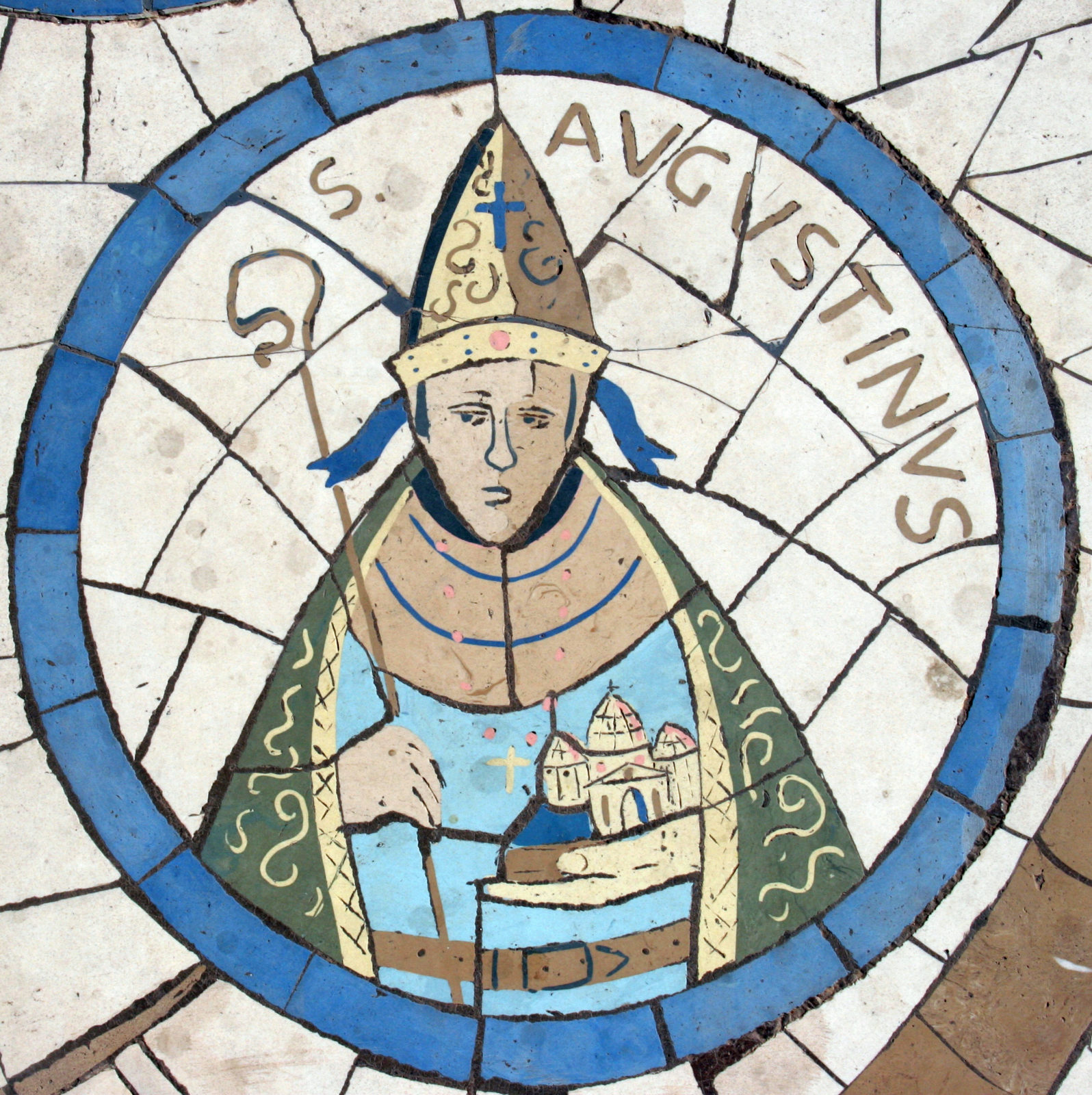Abstract: According to Howard Van Till, the early Christian fathers Basil and Augustine taught that life appeared as a consequence of creaturely capacities which God bestowed on the world from the beginning, in contrast to special creationism, which teaches that God intervened in the creation to make living things. To reconcile Christian faith with modern science, Van Till advocates recovering “the historic creationist tradition,” which he characterizes as the “forgotten doctrine of Creation’s functional integrity” taught by Basil and Augustine. Basil, however, believed that God intervened in the creation to make living things, and was thus a special creationist. According to Augustine, God created everything simultaneously and placed causal principles into the creation which subsequently produced creatures in time. But Augustine proposed his theory of causal principles to emphasize that every species was created in the beginning by a special act of God, and he denied that creaturely capacities could produce anything new. Therefore, Van Till’s “forgotten doctrine of Creation’s functional integrity” has no basis in Basil’s theology, and its emphasis on creaturely capacities is alien to Augustine’s theology; so “the historic creationist tradition” is not what Van Till represents it to be.
Some Christians believe that the major features of living things could not have arisen through Darwinian evolution, but must have been specially created by God. Physicist Howard J. Van Till criticizes this position on the grounds that it relies on a “God-of-the-gaps” who must “act directly in the course of creation’s formative history to compensate for gaps or deficiencies in the capacities of created substances.” According to Van Till, the world is characterized instead by “functional integrity,” meaning that it “has no functional deficiencies, no gaps in its economy of the sort that would require God to act immediately.”1
Van Till maintains that his position is rooted in the theological writings of St. Basil of Caesarea and St. Augustine of Hippo. According to Van Till, these two early Christian fathers taught “that at the beginning God created, from nothing, all substances and forms, but that the forms of creatures became actualized only in the course of time. Most importantly, these creatures appeared in the course of history not as a consequence of some new, direct and ‘special’ act of God (an ‘intervention’), but as the consequence of created substances employing their God-given capacities to bring about in time what the Creator had in mind from the beginning.”2
Read More ›




